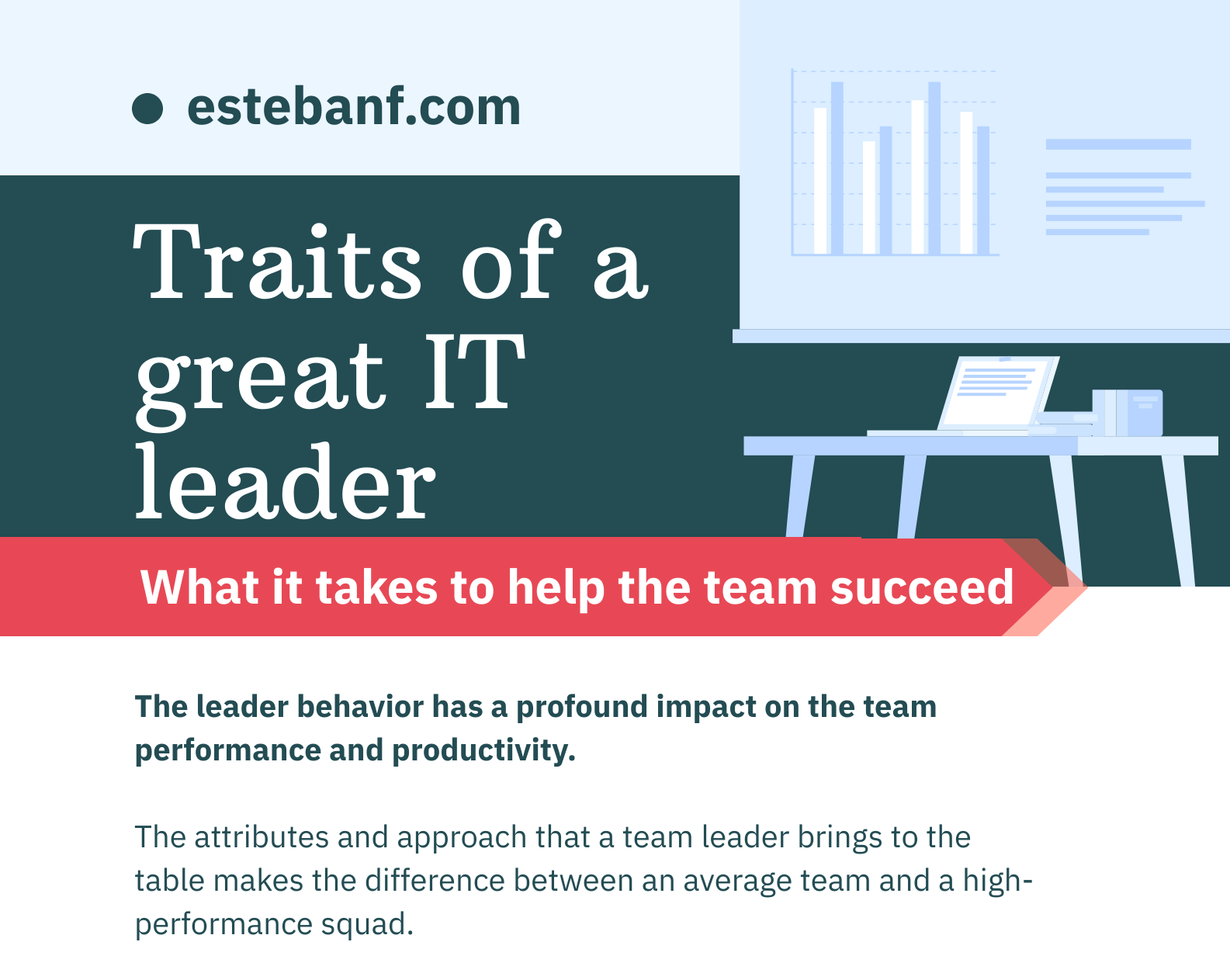Data is at the core of modern product management. From feature prioritization to go-to-market strategies, we expect user insights, analytics, and measurable trends to back decisions.
Author: estebanf
Applying for a job is already an emotionally charged process. Candidates invest hours refining their resumes, crafting compelling cover letters, and gathering supporting materials—only to encounter an Applicant Tracking System (ATS) that treats them as data-entry clerks rather than potential hires.
Do these sound familiar: “Sales just makes crazy promises” or “Just give me a product I can actually sell”? It feels like we’ve all heard them before.
Success in product management isn’t just about shipping features—it’s about delivering meaningful business impact. Success metrics in product management provide the clarity needed to evaluate whether a product or feature is truly moving the needle.
In the fast-paced world of product management, reacting to feature requests from sales teams, customer feedback, and market trends is common. While these inputs provide value, without a structured approach, teams can quickly fall into a reactive cycle.
Great product managers don’t rely solely on intuition or make decisions solely based on data. Instead, they strike a careful balance, blending user empathy with analytics to drive informed, impactful choices.
In today’s fast-paced product development landscape, seamless communication between product management, engineering, and design teams is critical. While teams rely on documentation, meetings, and written specs to stay aligned, these methods often fall short—leading to misinterpretations, delays, and technical blockers that surface too late.
You’ve heard the age-old adage, “Not all customers are created equal.” Indeed, this truth takes center stage when it comes to retention – the practice of retaining satisfied customers over time.
In the ever-evolving landscape of product management, the significance of technical prowess is often emphasized. However, the core of effective product management lies in the mastery of soft skills and the ability to negotiate win-win situations.

I’ve shared about how to be trusted by your engineers and how to find out what matters to them but what about the leader itself.